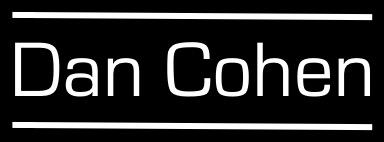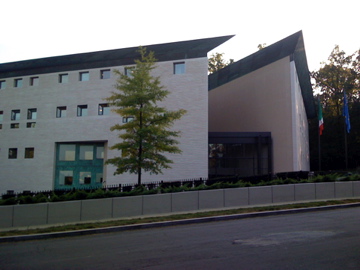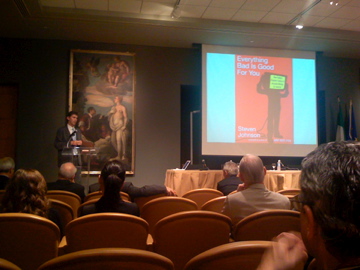Let me take the liberty of being the last academic with a blog to comment on the launch of Amazon’s new e-book reader, the Kindle. And let me also not waste any time on its design, screen, wireless technology, business model, or its uncanny resemblance to the Sinclair ZX80 I used in seventh grade. What little I have to say about the Kindle has less to do with the “e” than with the “book” part of it.
Although I’m generally an early adopter of technology, the Kindle—and indeed all e-book readers—strike me as similar to “photoplays,” or the filming of stage performances, that followed the introduction of film in the early twentieth century. In Janet Murray’s Hamlet on the Holodeck, she distinguishes between “additive” and “expressive” features of new media, and notes that photoplays were “a merely additive art form (photography plus theatre).” Only when filmmakers learned to use montage, close-ups, zooms, and the like as part of storytelling did photoplays give way to the new expressive form of movies.
Just as many of those who were used to plays assumed the highest form of film would be the fixed-camera photographing of Shakespeare, those used to books assume the highest form of digital reading will be the book transported to a dedicated electronic device. This idealization of reading paper as the highest form of intellectual consumption has led so many to believe that we need an electronic book reader like Amazon’s just-released Kindle: to do real reading we have to take a text from our computer and put it onto a book-ish device that’s as close to paper as possible.
Wrong. Just as people kept going to plays, people will continue to read books (albeit perhaps fewer) while they adjust to online reading for many other purposes. Only a rigid elitist would insist that book reading is optimal in all cases. What book or journal allows me to keep up with the work of over 250 scholars in the digital humanities? My RSS reader does, and quite well. And while some of us older folks may idealize the daily reading of newspapers (in addition to loving books I subscribe to two newspapers because I love them so) we might as well admit that online reading is a far better way to stay informed about many topics—just ask sports junkies. Or compare the breadth and depth of the coverage of Web trends between the New York Times‘s business section and the TechCrunch blog.
Matt Kirschenbaum of the Maryland Institute for Technology in the Humanities eloquently covers this issue in his far more subtle analysis of the state of reading than found in the overanxious National Endowment for the Arts’ report To Read or Not to Read: A Question of National Consequence. (Unfortunately Matt’s article is behind the Chronicle of Higher Ed‘s electronic gates; when will they join the New York Times and the Wall Street Journal in opening these gates and becoming part of the online discussion?) Matt highlights the many new forms of reading uncatalogued—or worse, dismissed—by the NEA report. These types include the exponentially growing forms of online reading that young people take for granted. While not idealizing these new forms, Matt notes that they can (contrary to the NEA’s belief) involve serious thought, and that they can engender writing as well.
As Matt points out, people are already voraciously reading on their computers, and when they read in an electronic format they want to take full advantage of the medium—link to texts from their blog or syllabus, email them, connect them to the universe of other writing and other people online.
To be sure, the reading of books has declined and there are elements of that decline to worry about. But let’s also remember that that very little of what kids read offline is Proust, and not all of what kids read online is their Facebook news feed.
Update: The Chronicle of Higher Ed has made a rare exception to their gating and provided an open access copy of Matt’s article.



 [This post is a version of a message I sent to
[This post is a version of a message I sent to 
